New Scientist covers the latest developments in science and technology that will impact your world. New Scientist employs and commissions the best writers in their fields from all over the world. Our editorial team provide cutting-edge news, award-winning features and reports, written in concise and clear language that puts discoveries and advances in the context of everyday life today and in the future.
Elsewhere on New Scientist
Barrier to change • Outdated research on therapies for menopause symptoms is letting us down
New Scientist
Deadly floods in Pakistan • Eight weeks of heavy monsoon rains have left a third of the country underwater and more than 1000 dead, reports Adam Vaughan
Synthetic mouse embryos with rudimentary brain grown in the lab
Anti-laser can make any object suck in light
Mucus has evolved at least 15 times in mammals
Conservative party’s online vote is vulnerable to hackers • Hacking concerns have dogged the Tory leadership contest in the UK. Should it ever have used online voting, asks Matthew Sparkes
Exoplanet CO2 spotted for first time • The distant world WASP-39b may have formed similarly to planets in our solar system
The complex rules of wrinkling have been worked out
Mutation-inducing drugs could raise virus dangers
Ageing can play havoc with face-recognition systems
Underwater data centre set for Pacific
Bacteria seep out from cracks in the sea floor
Best evidence yet that the mysterious ‘chameleon’ force doesn’t exist
Short ads could guard against fake news on YouTube
How fungi’s weird shapes evolved • Two distinct bursts of increasing complexity led to the many forms fungus species take
Psychedelic therapy helps some people quit alcohol
Squishy computer calculates based on how you squash it
Two-legged dinosaur is the oldest ever found in Africa
Rapid eye movements during sleep reveal where mice look in dreams
Plasmas could help make the world’s most powerful laser
Fossils hint at origins of bipedalism • An analysis of thigh and forearm bones suggests that early ancestors of humans began walking on two legs much earlier than we supposed, reports Clare Wilson
See the gas giant glow • The James Webb Space Telescope has taken an incredible image of Jupiter
AI-created lenses let camera ignore objects
3D-printed wood twists into shape
Battery charges in under a minute
Malaria vaccine using live parasites shows promise
Really brief
A lab the size of a planet • Studying the atmospheres of Venus and Mars can help us understand the human role in climate change on Earth, says David Grinspoon
Field notes from space-time • Welcome to my TED talk Giving a TED talk wasn’t easy, but I wanted to make sure my audience came away with a better understanding of dark matter, writes Chanda Prescod-Weinstein
The living dead
Editor’s pick
When plants play detective • From a marijuana database to the possible poisoning of the Buddha, this book tells the story of plants’ complex role in crime, says Kate Douglas
A future for climate refugees? • Helping those displaced by a warming world means rethinking human identity, argues a bold new book. James McConnachie explores
Don’t miss
The film column • Taking direction Five people in recovery from psychosis guide artist Marcus Coates as he recreates aspects of their experience in this series of disorienting and sometimes very frightening short films, finds Simon Ings
Taming the menopause • Hormone replacement therapy has garnered a bad reputation, but it might be time to rethink our relationship with the drugs – and the menopause itself. Caroline Williams...
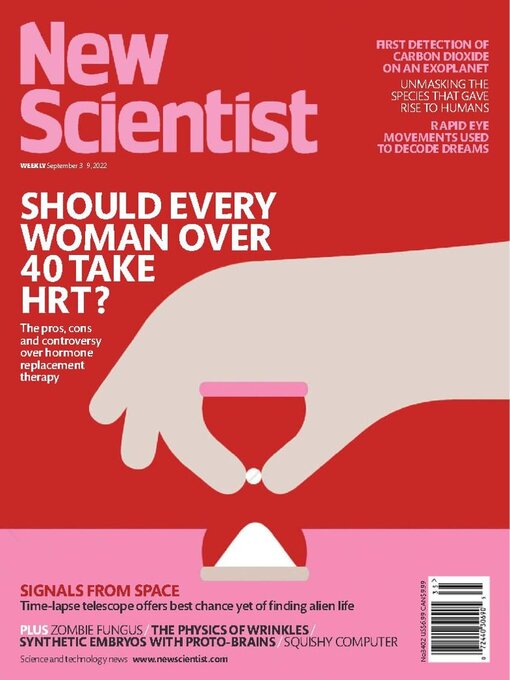
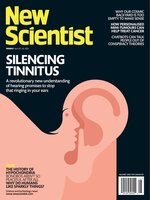 Apr 20 2024
Apr 20 2024
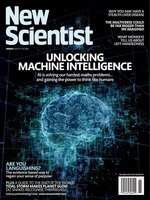 Apr 13 2024
Apr 13 2024
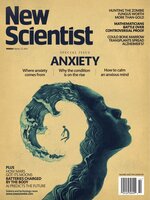 Apr 06 2024
Apr 06 2024
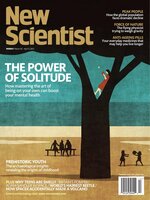 Mar 30 2024
Mar 30 2024
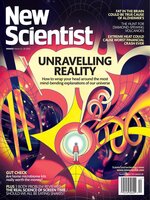 Mar 23 2024
Mar 23 2024
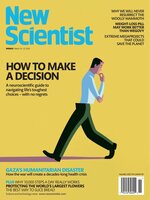 Mar 16 2024
Mar 16 2024
 Mar 09 2024
Mar 09 2024
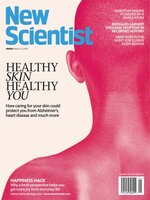 Mar 02 2024
Mar 02 2024
 Feb 24 2024
Feb 24 2024
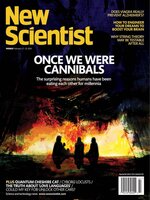 Feb 17 2024
Feb 17 2024
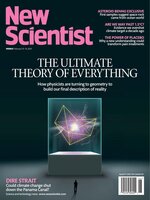 10 Feburary 2024
10 Feburary 2024
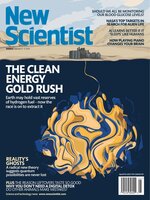 Feb 03 2024
Feb 03 2024
 Jan 27 2024
Jan 27 2024
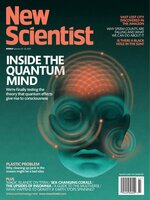 Jan 20 2024
Jan 20 2024
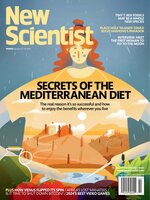 Jan 13 2024
Jan 13 2024
 Jan 06 2024
Jan 06 2024
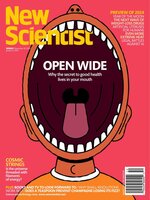 Dec 30 2023
Dec 30 2023
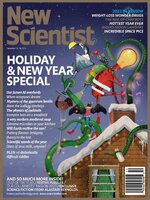 Dec 16 2023
Dec 16 2023
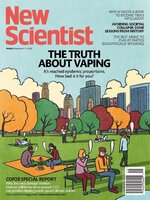 Dec 09 2023
Dec 09 2023
 Dec 02 2023
Dec 02 2023
 Nov 25 2023
Nov 25 2023
 Nov 18 2023
Nov 18 2023
 Nov 11 2023
Nov 11 2023
 Nov 04 2023
Nov 04 2023
